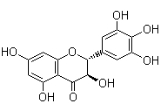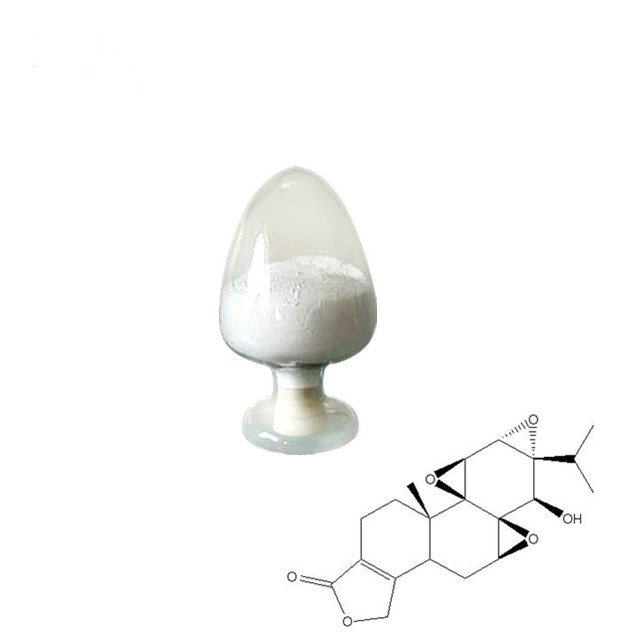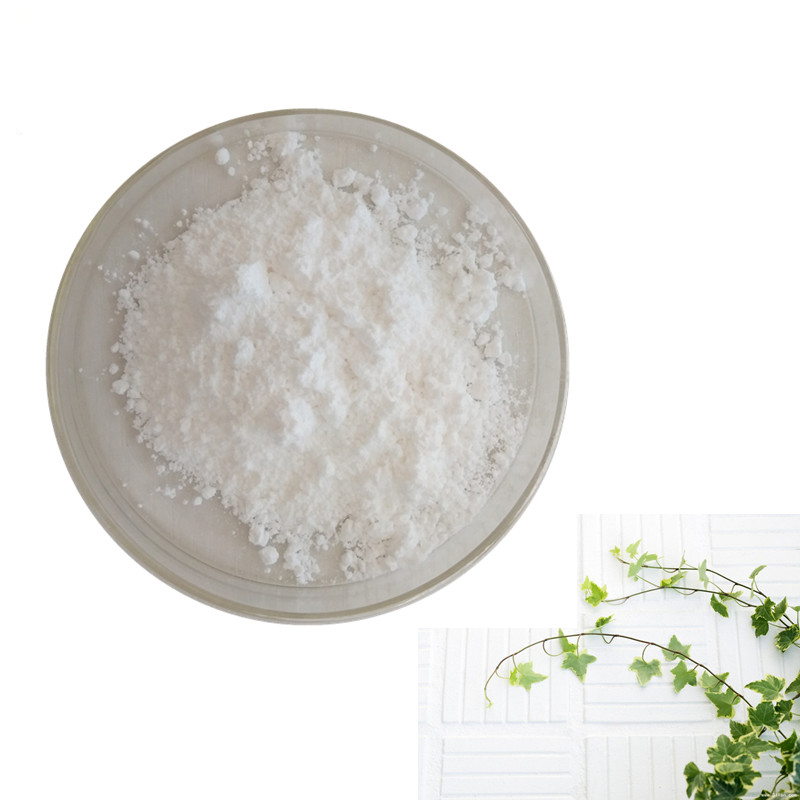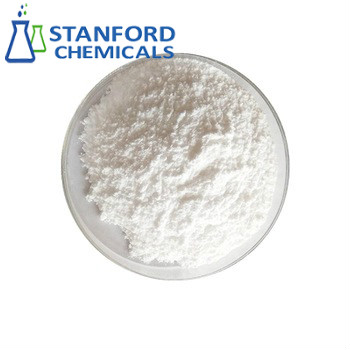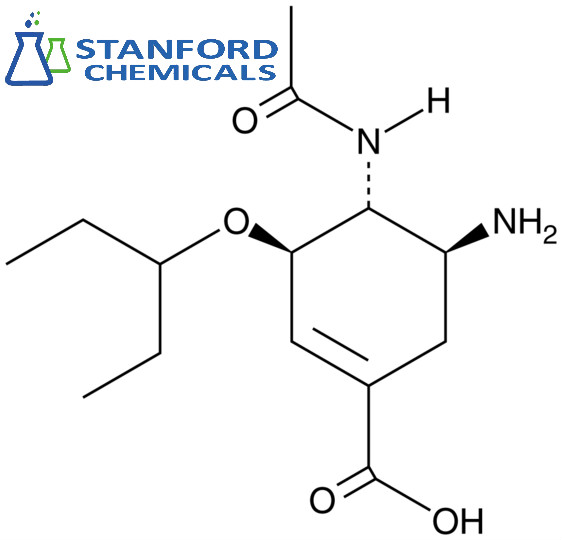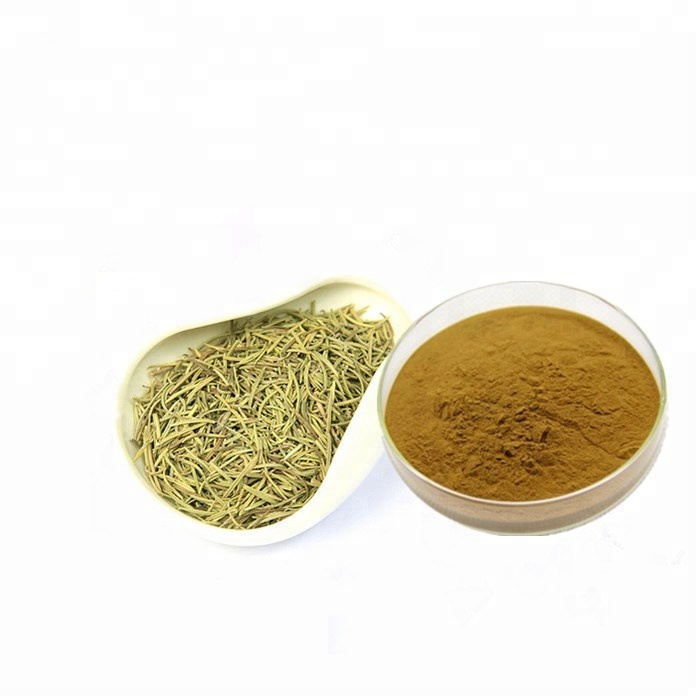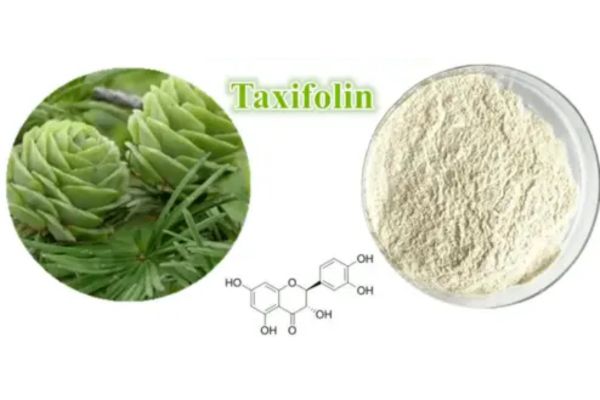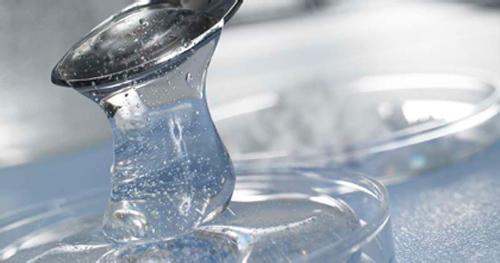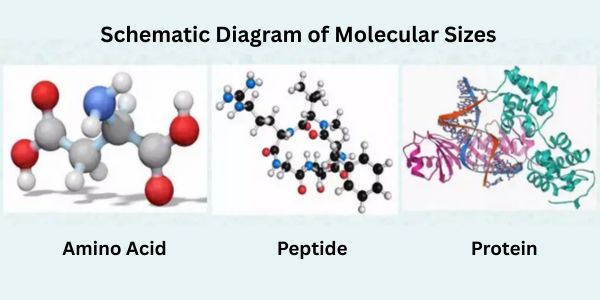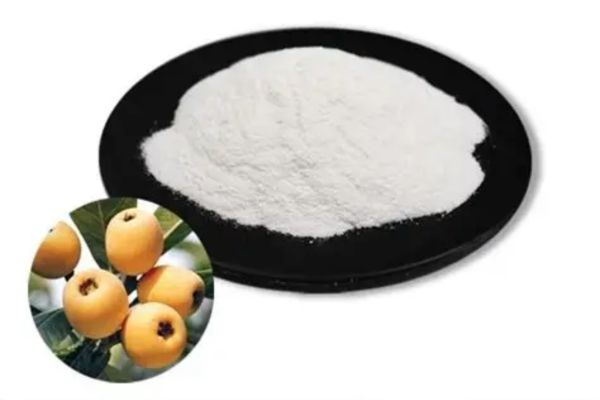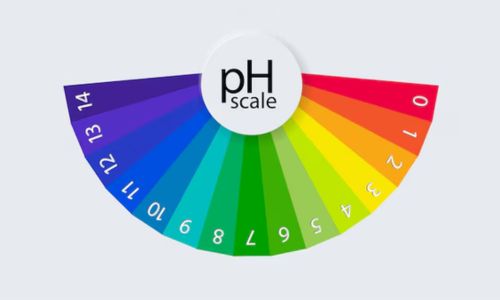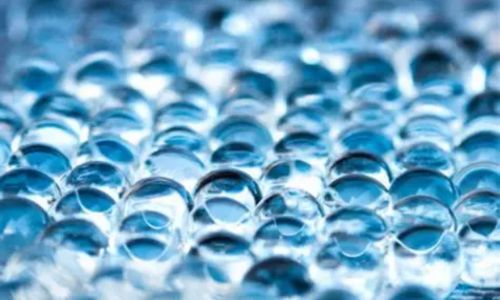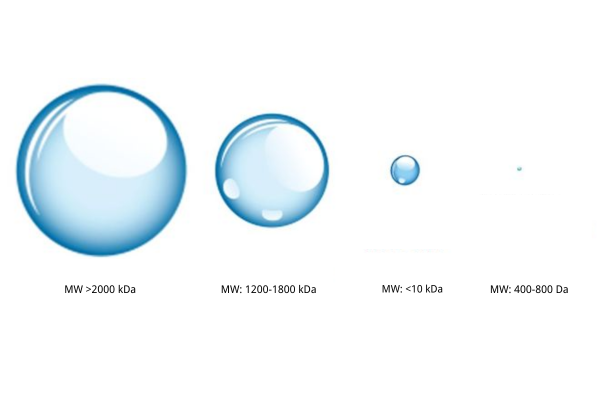In terms of skin care, two of the common ingredients are hyaluronic acid and salicylic acid. Both are acids, but they serve vastly different purposes in skin care routines. Salicylic acid works really well for fighting acne and gently removing dead skin cells. Many people find it helps clear their skin. Hyaluronic acid, on the other hand, is great for adding moisture.
1. What Is Salicylic Acid?
Salicylic acid is a beta-hydroxy acid (BHA) derived from willow bark. It is oil-soluble, meaning it can penetrate deep into pores to dissolve excess sebum and dead skin cells.
Key Benefits of Salicylic Acid:
- Exfoliates the skin: Helps unclog pores and remove dead skin cells.
- Destroys acne: Deflates blackheads, whiteheads, and pimples by dissolving excess oil.
- Anti-inflammatory: Cools redness and inflammation of the acne.
- Enhances skin texture: Smooths out roughness and reduces the appearance of large pores.
Best For:
- Acne and oily skin
- Whiteheads and blackheads sufferers
- People with mild to moderate acne
Possible Side Effects:
- Can lead to dryness or irritation, particularly on sensitive skin
- Can make skin more sensitive to the sun, always use sunscreen.
The structure, origin, nature, and use of salicylic acid have been discussed in great detail in the preceding article, so we will not discuss them here. Interested readers can visit: Salicin vs Salicylic Acid: Relationship, Difference & Uses
2. What Is Hyaluronic Acid?
Hyaluronic acid (HA) is a humectant, a water-absorbing molecule. It occurs naturally in the skin and provides hydration by holding up to 1,000 times its weight in water. Major Advantages of Hyaluronic Acid:
- Deep hydration: Moisturizes and fills the skin, leaving it less dry.
- Improves skin elasticity: Makes the skin look youthful and soft.
- Soothes irritation: Gently calms sensitive or dry skin.
- All skin types may use light hydration, even oily skin.
Best For:
- dry, dehydrated skin
- Aging skin (keeps the skin from forming fine lines and wrinkles)
- sensitive or inflamed skin
- All skin types, even oily, as it is non-comedogenic.
Possible Side Effects:
- Seldom irritates, one of the gentlest skincare ingredients.
- Will take moisture out of the skin in extremely dry conditions if not sealed with a moisturizer.
For details on the properties, applications, benefits, and characteristics of hyaluronic acid, please refer to these articles:
Top 10 Benefits of Hyaluronic Acid
What is Hyaluronic Acid Powder? Benefits and Usage
Why Is Hyaluronic Acid Important?
High VS. Low Molecular Weight Hyaluronic Acid
3. Salicylic Acid vs. Hyaluronic Acid
Key Differences
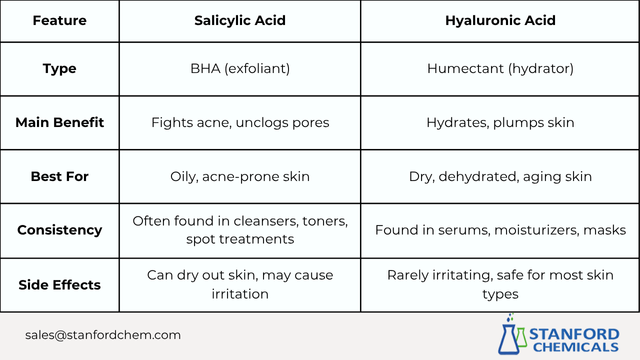
Can You Use Them Together
The answer is yes. These two ingredients actually work very well in combination. Salicylic acid helps clean out your pores and stops breakouts from forming. In the meantime, hyaluronic acid restores moisture that might be stripped away while exfoliating. This creates a well-rounded skincare routine that treats acne without dehydrating the skin.
Which One Should You Choose
The best ingredient for you will be based on your skin type and concerns. For oily, spot-prone skin or pores that easily clog, salicylic acid is best. For skin that's likely to be dry or dehydrated, hyaluronic acid is better suited. For most people, they find they need both - salicylic acid for spots and hyaluronic acid for staving off dryness. The combination approach enables you to reap the benefits of acne treatment while still having healthy, hydrated skin.
Final Verdict
Salicylic acid and hyaluronic acid serve totally different purposes but can beautifully complement one another. Salicylic acid is your go-to for breakout clearing, and hyaluronic acid helps to keep your skin hydrated and plump. If you’re dealing with acne, incorporate salicylic acid carefully, and always follow up with hyaluronic acid to prevent dryness. For those with dry or aging skin, hyaluronic acid alone can provide a major hydration boost.
About Stanford Chemicals Company (SCC)
Stanford Chemicals Company (SCC) supports businesses and research communities with such critical compounds as sodium hyaluronate, salicin, salicylic acid, dihydromyricetin, and chondroitin sulfate. If you need quality substances, we'd be delighted to help. Feel free to contact us for more details.


